Description
It is an evergreen shrub growing to 2 m (6 ft) tall by 1.5 m (5 ft) wide that spreads slowly by rhizomes.
Berberis aquifolium is a species of flowering plant in the family Berberidaceae, native to western North America. It is the state flower of Oregon. In California, it grows throughout the mountains and foothills of northern and central California, and in Southern California, it grows primarily in the Transverse Range Mountains, Sierra foothills and higher elevations of the Peninsular Range.Plant Specifications*above specification are indicative only. actual dimensions may vary by +-10%
Common Name
Oregon Grape, Hollyleaved barberry, Oregon Holly Grape, Oregon Holly
Maximum Reachable Height
3.00 to 6.00 feet
Flower Colour
yellow
Bloom Time
April
Difficulty Level
easy to grow
Planting and careThis Plant is best cared for when planted in moist, well-drained soil where it can receive little direct light. This plant should not be overwatered; it is drought-resistant and thrives in many types of soil.
The plant needs to be checked regularly for infestations by whiteflies, aphids or scale. A sticky substance called honeydew and sooty mold are signs of an infestation. These need to be treated immediately.Berberis aquifolium careThe berberis aquifolium grows best when planted in soil that has a neutral or slightly acidic pH. Even though it tolerates soil of poor quality, if the plant starts to flounder, the gardener needs to add mulch or check the soil s acidity level.
Sunlight
Part shade to full shade
Watering
Medium
Soil
well-drained soil
Temperature
temperature just above 0 C.
Fertilizer
The plant should be pruned occasionally to remove suckers and to control growth; it does well with hard pruning. The spring is the best time to cut back old growth without harming the plant.
Berberis aquifolium special featureThe flowers are followed by spherical dark dusty blue berries, which give rise to the common name “Oregon grape”.Berberis aquifolium uses
Ornamental Use:
Best in small groupings in shady areas
Shrub borders
Foundation plantings
Woodland or shade gardens
Medicinal Use:
Its current herbal use is mainly in the treatment of gastritis and general digestive weakness, to stimulate the kidney and gallbladder function and to reduce catarrhal problems
The root and root bark is alterative, blood tonic, cholagogue, diuretic, laxative and tonic
Culinary Use:
Fruit is edible-either raw or cooked

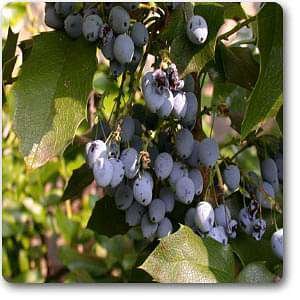
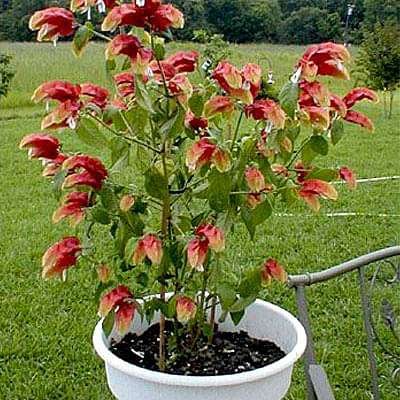
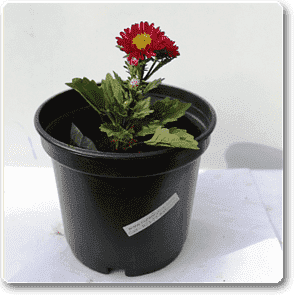
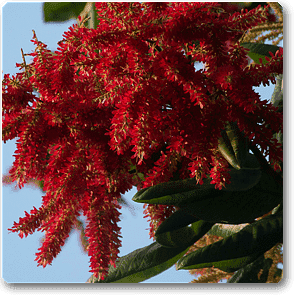
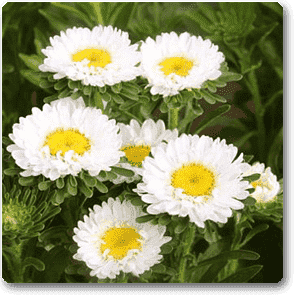
Reviews
There are no reviews yet.